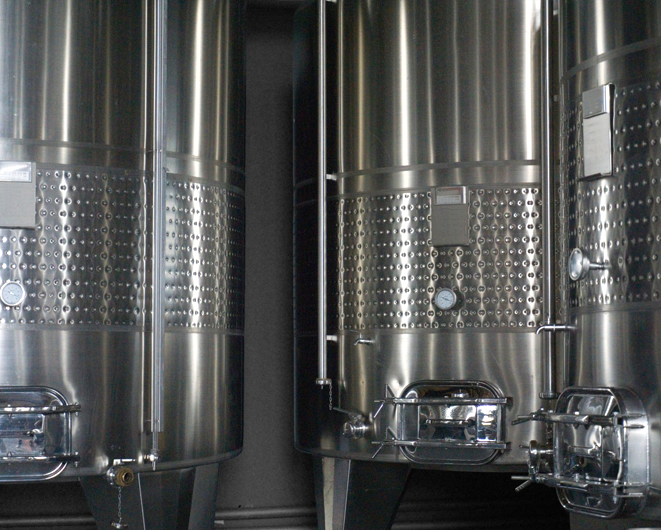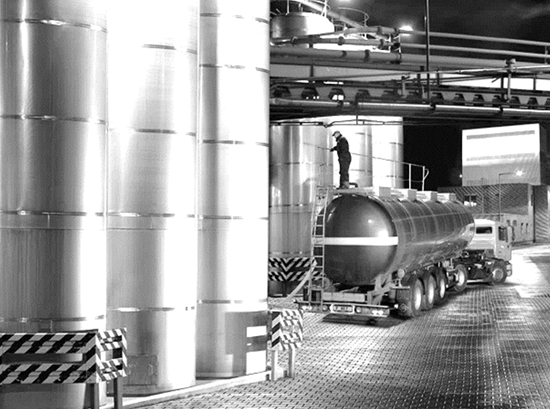Industrial tank cleaning
Industrial tanks store chemicals, food, water, or fuels. Over time, scaling, sludge, and biofilm form, affecting product quality, safety, and operational capacity. Effective cleaning is essential to comply with regulations and extend the life of the vessel.

Problems with tank cleaning
Tanks often have limited access, complex geometries, and potentially hazardous atmospheres (ATEX, confined spaces), making operator entry difficult. In addition, downtime for emptying and ventilation can impact production.
Risks and consequences
- Product contamination by sludge and microorganisms.
- Corrosion under tanks and loss of wall thickness.
- Formation of explosive or toxic gases.
- Unscheduled shutdowns due to failures in pumping or measurement systems.
Types of common waste in tanks
Sludge and mineral or biological sediments
Oil or fuel films in fuel tanks
Crystallized sugars and food residues
Corrosion scales and varnishes in chemical tanks
Benefits of professional cleaning
- Restores nominal capacity and quality of the stored product.
- Reduces corrosion and extends the life of the tank.
- Reduces the risk of cross-contamination and explosion.
- Complies with API 653, EN 14015 and ATEX directives.
